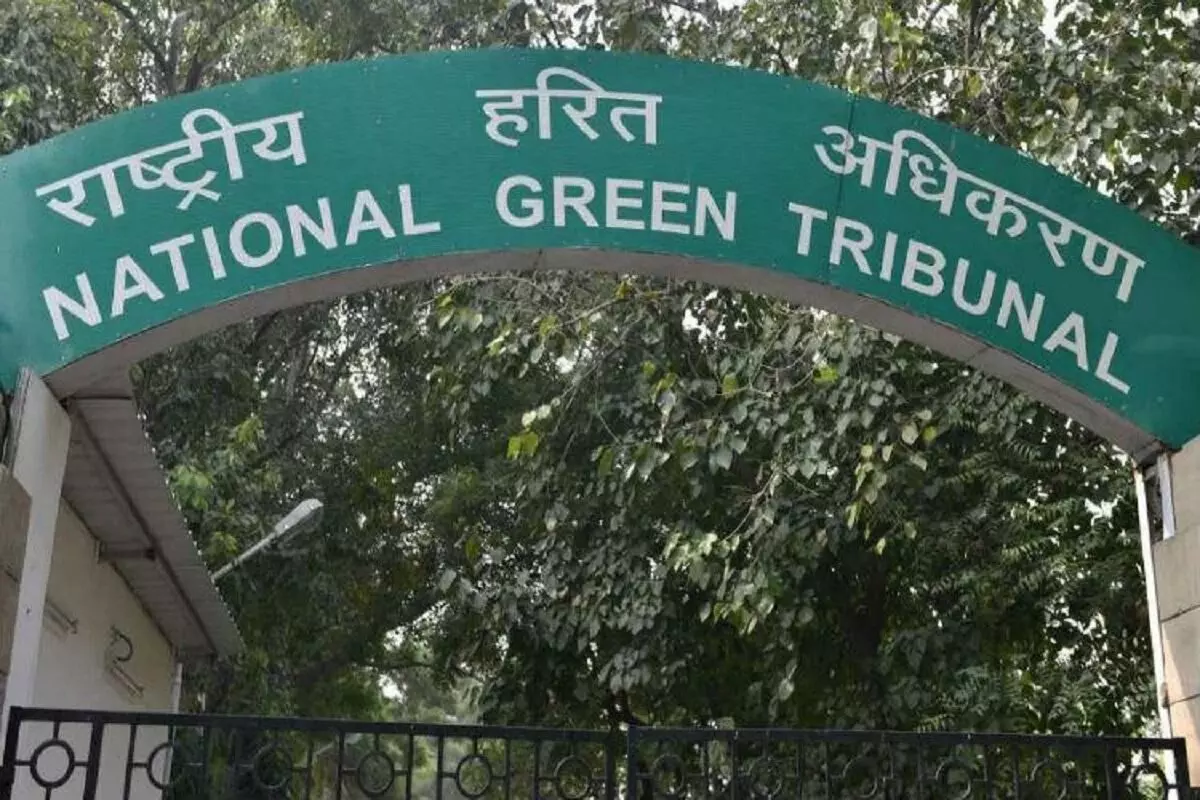Mist of jeopardy

Following a plea filed by a local resident, the National Green Tribunal (NGT) has constituted a seven-member joint committee to prepare an assessment report on the situation and causes of air pollution around All India Institute of Medical Sciences (AIIMS), Delhi. NGT’s responsive move is certainly a step in the right direction but also reflects despairingly on the lack of proactiveness shown by statutory and administrative authorities to date. AIIMS is among the best public health facilities that the country has — something on which a large number of people rely for their safety and well-being. At the top of it, the Delhi branch of AIIMS is counted among the most prominent ones across the nation. The applicant claimed that the daily footfall of the institute in Delhi has increased to 65,000 in terms of persons and 7,500 in terms of vehicles. The applicant also claimed that the pavements of the hospital are encroached upon by residents for commercial activities. It further cited an “absence of green belt” necessary to absorb dust and carbon dioxide generated near the institute. More alarmingly, the applicant alleged that “measures to scientifically handle garbage and bio-medical waste are not adequately taken.” While there may be a slight variation in the facts presented by the applicant, the points put forth are not at all of a revealing nature. Neither the status of air pollution around AIIMS Delhi nor the congestion on the pavements is hidden from anyone. It will not be wrong to put it this way: it took a nudge from a local resident for the NGT to take note of an issue that is glaringly visible and visibly alarming. The NGT order asserted in clearest terms that administrative and statutory failure in controlling air pollution around AIIMS was jeopardising the health of patients, doctors, and other staff. The issue flagged around the safety at AIIMS merely represents the tip of the iceberg. Pavement encroachment, resulting in congestion and pollution, is a general problem seen around the prominent medical facilities of the country. These sites serve as a market for certain types of products, pulling people to set up shops and other facilities to make their living. Commerce here pushes health safety concerns on the backfoot. If AIIMS is grappling with such a magnitude of a problem, the status of lesser-known institutes is difficult to imagine. The NGT is certainly right in asserting the need for verification of facts by an independent expert committee before taking any concrete action. All hopes are now pinned down on further action by the NGT. However, at the same time, the NGT order should be taken as a warning signal by concerned administrative and statutory authorities to spring up the required action. The finalisation of the assessment report by the NGT-constituted committee and subsequent action by the green tribunal may take some time to unfold. In the meantime, patients, their kins, doctors and other staff cannot be left to suffer. The administration must step in to discharge its duties diligently. Certain remedial actions should not even wait for the assessment report or further NGT orders. Clearing encroachments around AIIMS premises; planning and building a green belt near the institute to absorb CO2 and other unwanted gases etc. are some of the exercises that can always be initiated positively. More broadly, policymakers should come out with strict protocols and policies to define public conduct and the extent and nature of commercial activities that can be undertaken in health-sensitive zones. With a booming population in mega cities, people leave no option to create a livelihood for themselves, even in places where public health and well-being is at risk. Apart from AIIMS, numerous health facilities are waiting for streamlined management. Operation of commercial activities around such facilities will have to be systemised on an urgent basis. A caveat may be put here though. While clearing risky encroachments, the administration should be duly considerate about proving alternatives to those displaced.



